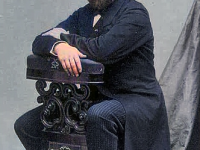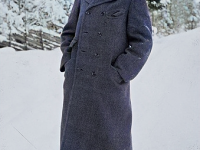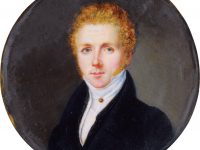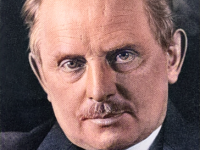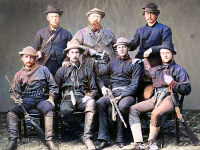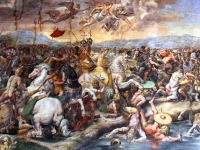Adolphe Sax and the Invention of the Saxophone
On November 6, 1814, Belgian musical instrument designer and musician Antoine-Joseph “Adolphe” Sax was born. Besides playing flute and clarinet, he is well known for having invented the saxophone.Sax became something of a footnote in history after his creation was almost forgotten after his death, until it was revived by jazz musicians who barely remembered his name.[2] Back in the time when I was a student, I remember one fellow student who ‘polluted’ the air of the…
Read more











